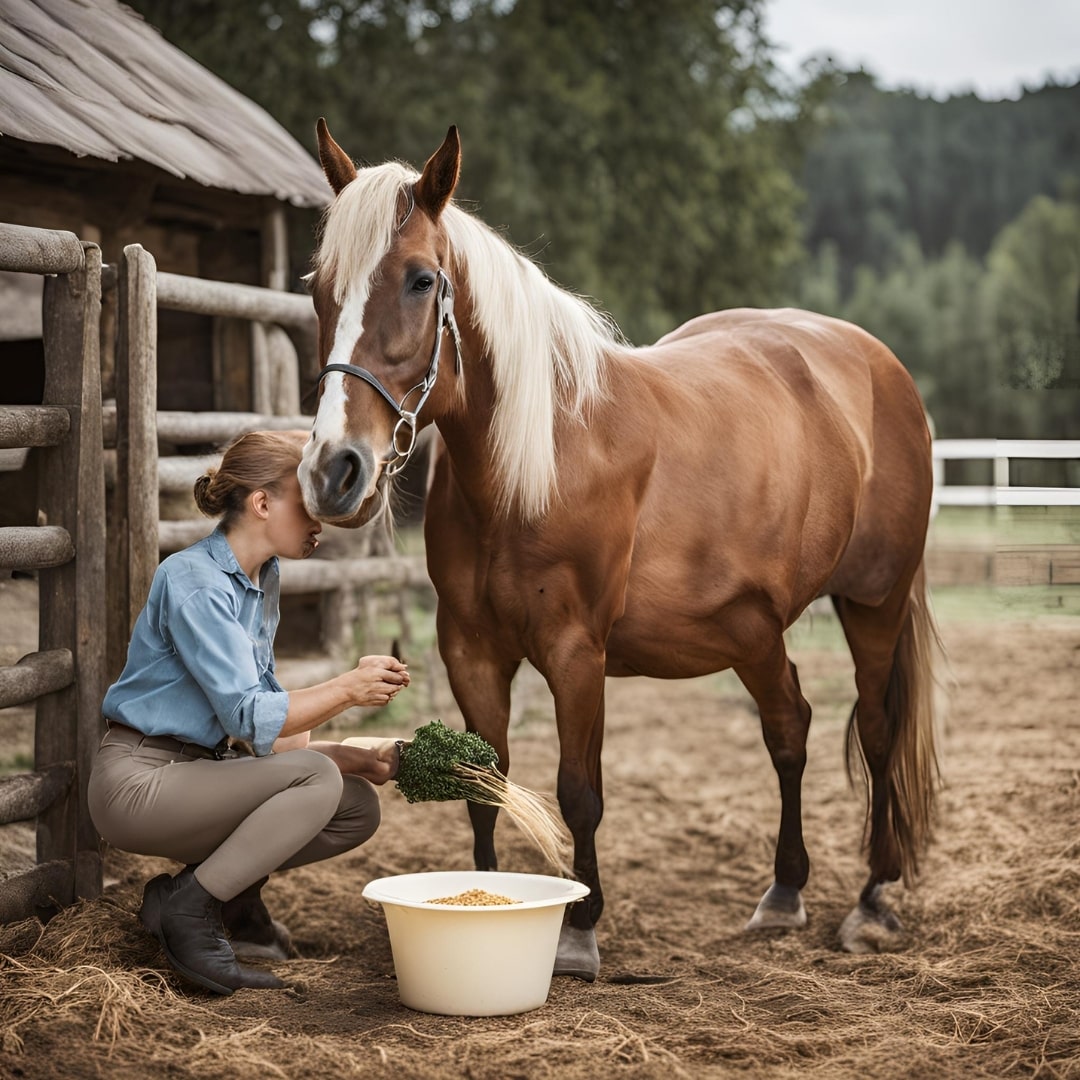Achieving success in horse racing is not only about speed and strength but also about the proper care and training of the horse. There are many important factors to consider to ensure that racehorses are healthy and at the peak of their performance. Let’s explore the care and training methods that should be observed during the preparation process for a race:
Care of Horses
Nutrition:
The nutrition of a racehorse directly impacts its performance. High-energy feeds, vitamin and mineral supplements ensure that the horse receives the necessary nutrients. The horse’s diet should contain sufficient amounts of protein, fat, and fiber. This supports muscle development and increases endurance. Additionally, the horse’s water intake should not be overlooked; dehydration can lead to a drop in performance.
Housing:
The housing conditions of horses have a significant impact on their overall health. A clean, well-ventilated, and safe stable helps maintain the horse’s health. Regular cleaning of the stable reduces the risk of infections and provides the horse with a comfortable environment to rest. Furthermore, it is important for horses to spend time outdoors. Daily time spent in open spaces is beneficial for both physical and mental health.
Veterinary Checks:
Regular veterinary checks are critical for monitoring the general health status of the horse. Racehorses are more prone to injuries and health issues due to their intensive training programs. Veterinary checks allow for the early detection of such problems and the necessary precautions to be taken. Additionally, vaccinations and parasite control should be performed regularly.
Training of Horses
Training Programs:
The training of racehorses requires a disciplined and planned training program. The training sessions should aim to increase the horse’s speed, endurance, and strength. Training programs typically include running, jumping, and endurance exercises. The programs should be regularly updated based on the horse’s performance. Overtraining should be avoided, and rest days should also be included.
Psychological Preparation:
The psychological state of horses is an important factor that affects their race performance. During the training process, horses should be kept free from stress and placed in a positive environment. Trainers should build a strong bond with the horses by earning their trust. This bond helps the horse remain calm during the race and perform at its best.
Race Simulations:
Race simulations help horses get accustomed to real race conditions. These simulations are important for helping the horse cope with the stress and excitement it will experience on race day. During race simulations, scenarios such as the use of starting gates, running on the track, and encountering rival horses are practiced. This ensures that the horse is better prepared for unexpected situations on race day.








